Digital Poet In Residence Articles

GOLDEN RATIONALITY
I’ve been asked to write a manifesto. This doesn’t suit the person I now am, but I did write one 20 years ago (it was published in an anthology of manifestos, Troubles Swapped for Something Fresh, Manifestos and Unmanifestos, edited by Rupert Loydell) and I have never really explained or qualified it. So perhaps I…
Read More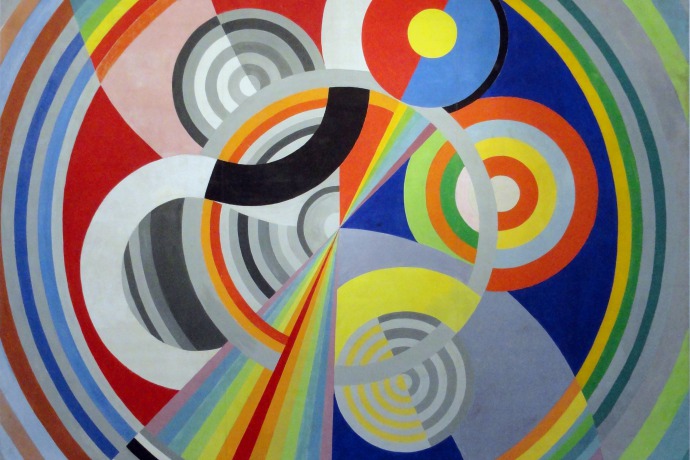
Notes on Modernists II
It’s obvious that analysis of other artists walks hand in hand with being an artist oneself. When you have a go at a form, then it becomes much easier to read a master’s work in that form. In an analogous way, the therapist Carl Rogers said that whenever he had an epiphany (of compassion) for…
Read More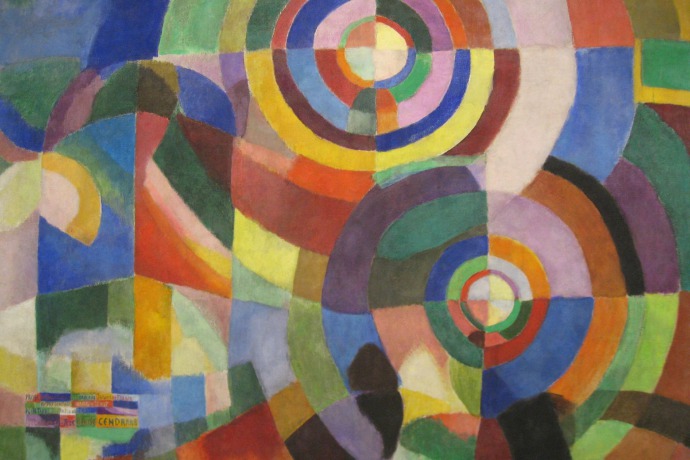
Notes on Modernists
My initial pitch for this residency, and one that I’ve fancied for a while, is to set a number of exercises based on Modernist poets. These are some suggestions in brief. BASIL BUNTING Avoid synonyms. Try to use the plain word. If the same object appears several times in your poem, call it the…
Read More
21st Century Canto: Sounding Out Pound
I began my first week by discussing Ezra Pound and translation. I very much hope that this will lead some new readers to have a go at translating, to get past worrying whether or not they can hold a long conversation in another language before at least trying to get something from a poem in…
Read More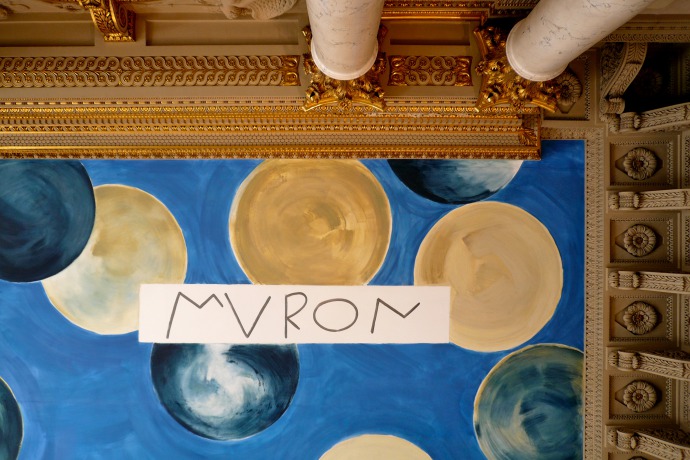
21st Century Canto: Infestation-Translation
What Pound did for me is infest my poetry world. All across it, in small pockets. One reason that Pound is hard to emulate is that he has re-thought a lot of different things, and he brings all these to bear simultaneously: like all Shaun the Sheep’s friends piling into one human overcoat and walking…
Read More
21st Century Canto: Translation, Pound-style
A very good place to start with Ezra Pound is the Selected Poems and Translations edited by Richard Sieburth, originally published by New Directions, the New York publishing house founded by James Laughlin when Ezra told him “You’re never going to be any good as a poet. Why don’t you take up something useful?”. The volume is…
Read More
Meet the Digital Poet in Residence: Ira Lightman
An Interview with Ira Lightman
Find out more about Ira’s digital residency here, or join the 21st Century Canto group on CAMPUS to get all the latest updates. Hello Ira! Tell us about your upcoming residency, ‘21st Century Canto’ Ira: It’s a tie-in with a documentary I’m making on Ezra Pound, his crash and our crash, for Radio 4. One…
Read More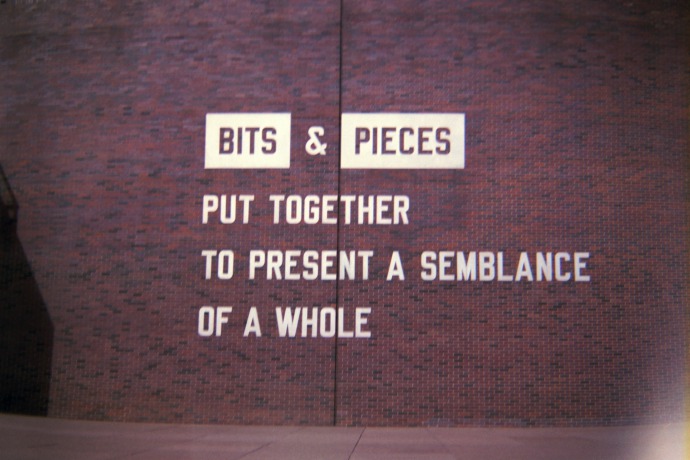
Our 8th Digital Poet in Residence is…
This March we’re inaugurating not one but two new residencies. Ross Sutherland was the first, and we’re very happy to reveal that Ira Lightman, poet and word-dabbler extraordinary, will be our 8th Digital Poet in Residence. Ira’s residency is called ’21st Century Canto’. He explains: “All my adult life I have been fascinated with The…
Read More
Meet the Digital Poet in Residence: Ross Sutherland
An Interview with Ross Sutherland
In which Ross Sutherland answers questions about his ’30 Poems / 30 Videos’ project, the distinctions between film poetry and poetry film, and what all this writing lark is about anyway. Ross Sutherland is The Poetry School’s 7th Digital Poet in Residence. You can also read about his residency here, or join the ’30…
Read More
The first Digital Poet in Residence of 2015
We’re elated to announce that poet, writer, film-maker and human tornado, Ross Sutherland, will be our next Digital Poet in Residence. For his residency – ’30 Videos / 30 Poems’ – Ross will create thirty new films over March to April 2015, while he tours across the UK with his show Standby For Tape Backup. Each new film will be a…
Read More
Queer Poetics for Non-Queers (or On Exclusivity in Identity Politics)
Queer Poetics II In my last post about queer poetics, I said, “In celebrating queer poets, I don’t think that straight poets should feel that I’m not talking to them”—but I’m not sure that I did a sufficient job of explaining what the value of “minority” poetics might be. Indeed, a wise reader called me…
Read More
Open Workshop: ‘Crimes and Misdemeanours’
Think of all the rules you’ve heard in poetry workshops: Show don’t tell. Be more concise. Restrain your use of adverbs and adjectives. On this Open Workshop with Kathryn Maris, you’ll be ripping up the workshop rulebook with a roguish disregard for good taste and ‘respectable’ writing. With the help of a step-by-step assignment devised by…
Read More
Open Workshop: ‘Mosaics from the Broken Mirror – Writing and Revising the Ghazal’
The ghazal makes unique rhetorical demands on the Western writer. In our latest Open Workshop, Jason Schneiderman will be getting you to think through your ghazals and to explore the multiple ways to revise these modular poems. Do you enjoy finding a hand-crafted wooden puzzle in your Christmas stocking more than a satsuma? Prefer origami…
Read More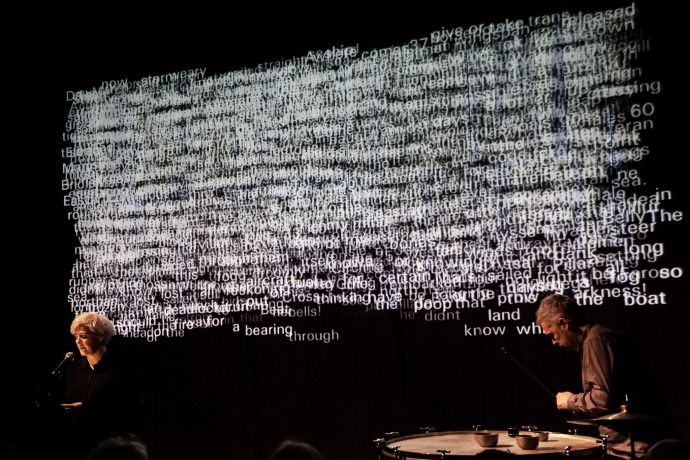
Poetry & Multimedia I
A recent trend in UK poetry is what I might call ‘multimedia projects’ or ‘live literature,’ a development that interests me for several reasons. Like many poets, I have a love-hate relationship with poetry readings. As an audience member, I find that some readings can feel electric or even transcendent. But others can be dull,…
Read More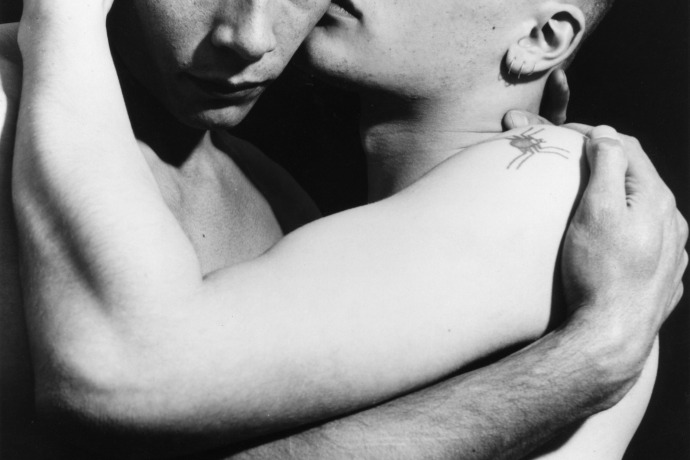
Queer Poetics I
Poetry has always been the province of the consummate insider and the total outsider—a dichotomous split between the institutionalized John Clare types and the silver spoon James Merrill’s. The origin myth of poetry in English is of a literal outsider. Poor Caedmon is so embarrassed to have no songs to sing that he goes out…
Read More
Poetic Attention II: In Praise of Snapshots
When I was in Best American Poetry 2005, there were a number of complaints in the blogosphere about how very New York-centric the issue was. The concern—probably a justified concern—was that the New York poetry scene is too insular and self-congratulatory. Interestingly, the guest editor was Paul Muldoon. An Irishman who teaches at Princeton (New…
Read More
Poetic Attention I
In Tom Stoppard’s play Indian Ink, the heroine Flora Crewe arrives in the Indian city of Jummapur in the 1930s to give a lecture on literary life in London. Flora Crewe is a poet, and when she arrives at the British club, one of the older members extols the virtues of Kipling, and quotes a…
Read More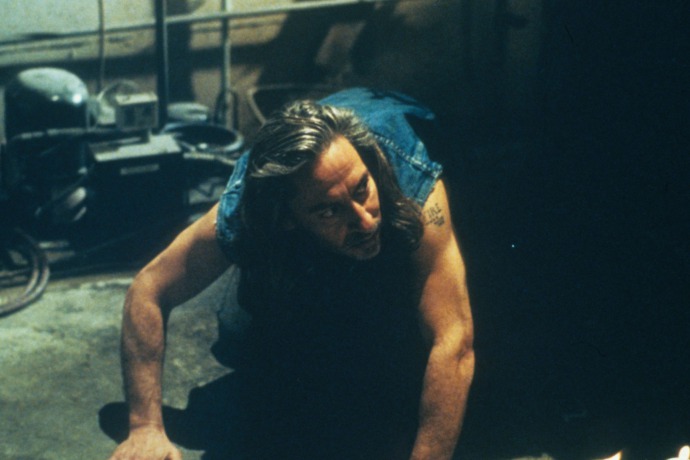
Bob
In defence of the sestina: part 4 Here is an incorrect story I tell. My story is that Jonah Winter’s ‘Sestina: Bob’ appeared alongside my poem ‘Ophthalmology at Dawn’ in an issue of Ploughshares. ‘Sestina: Bob’ was literally across the page from my poem, I tell people. It was literally sneering at my poem, exposing…
Read More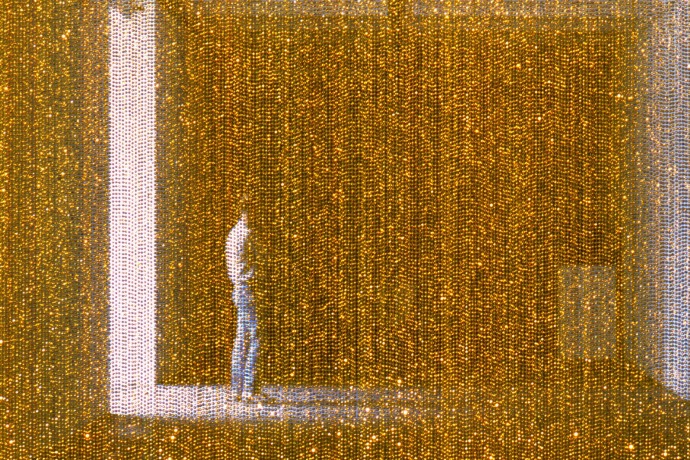
Live Q&A with Mark Doty: ‘Queer Poetics’
This 5 December 2014, one of the mega-giants of American poetry, Mark Doty, will be live on CAMPUS and in conversation with Digital Poet in Residence, Jason Schneiderman. Mark Doty was the first American poet to win the British T.S. Eliot Prize. One of the most important authors to write about HIV/AIDS in America, Doty’s vision…
Read More
Poetry Matters
You can’t hurt poetry. You can write bad poems, but that will not hurt poetry. You can like bad poems and you can dislike good poems, and you will still not hurt poetry. You can even write bad reviews of good books and good reviews of bad books, but even then, you will not have…
Read More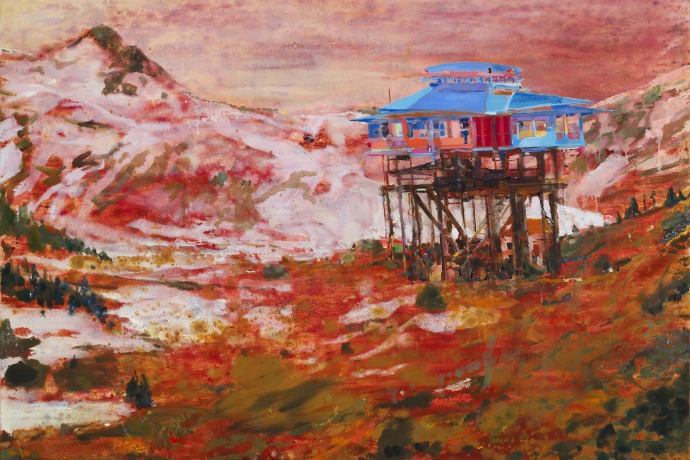
On Manifestos, Arrogance and Judgment
Manifestos are arrogant. But so is any scribble to paper or canvas because art is an act of arrogance. When God created the world it was an act of arrogance. The creation of a creation myth that ascribed creation to God was an act of arrogance. Arrogance is an ugly trait. Silence, however, can signal…
Read More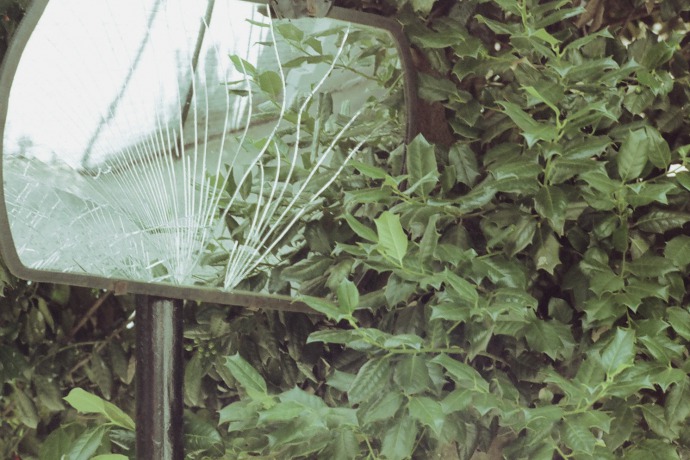
Unreal Ghazals in English
When Agha Shahid Ali subtitled his anthology of formal ghazals, “Real Ghazals in English” he was trying to point out that the constraints of rhyme and refrain were what made a ghazal real. But what of unreal ghazals? Even Shahid admitted, “I do like many aspects of the so-called ghazals” that his American comrades were…
Read More
Live Q&A with Don Share – ‘Poetry Here & There’
We are overjoyed to announce that Don Share, poet and editor of Poetry magazine, is coming to CAMPUS this December for a Live Q&A. No wacky catchy byline needed – it’s Don Share, everyone. Don Share! Don will be in discussion with Kathryn Maris, our Digital Poet in Residence, and they’ll be variously discussing: the…
Read More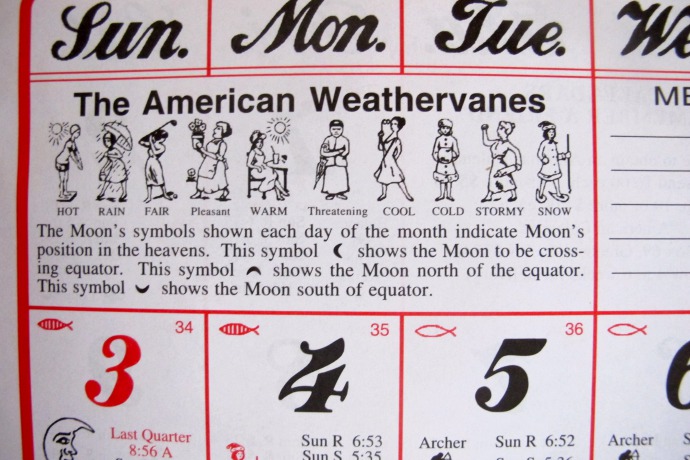
I know what I know, says the almanac
In defence of the sestina: part 3 ‘Sestina’, a widely anthologised poem, is one of two sestinas Elizabeth Bishop published. (The other is ‘A Miracle for Breakfast’.) I first came across ‘Sestina’ in the third edition of The Norton Anthology of Poetry, the doorstopper required for a creative writing class with WN Herbert in 1987….
Read More
Just Add Ghazal
Introducing the ghazal, part 2 Because the ghazal is modular, it can be especially fun to write and revise. In most poetic forms, revision can feel incredibly frustrating—you change one line, and suddenly, everything else is off balance. I once had a student send me a poem, and I told him that I loved the…
Read More